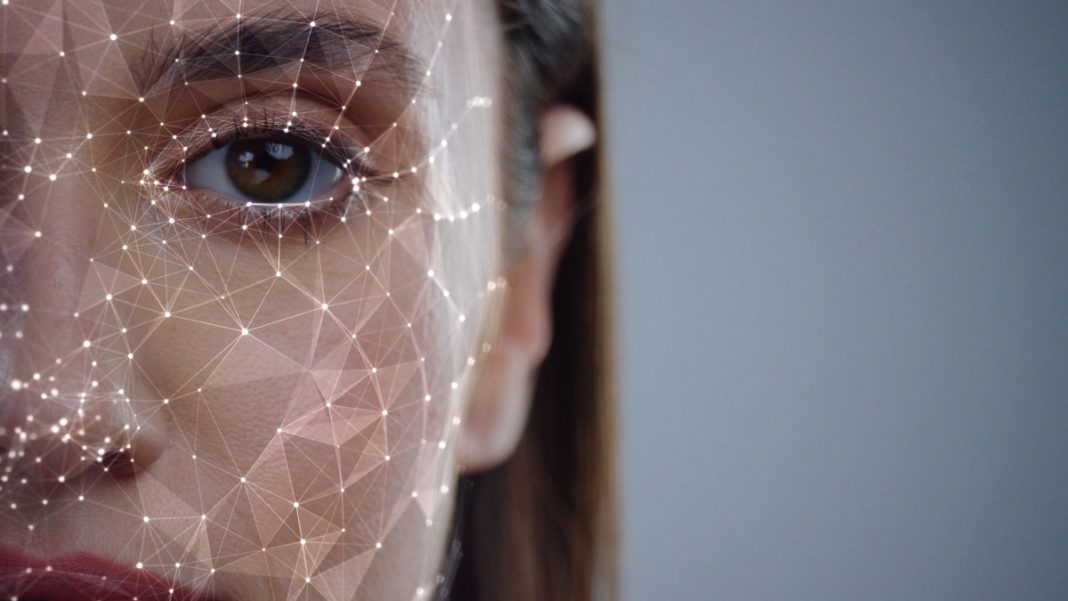Biometric identification will “soon replace passwords once and for all” according to the Executive VP of Products & Innovation, Identity at Mastercard, Dennis Gamiello.
The consumer checkout experience is becoming an increasingly vital part for retailers and merchants alike to retain consumers, with multi-factor authentication – whilst providing a plethora of benefits – becoming a friction roadblock in this journey.
This is why Mastercard has been ramping up its efforts when it pertains to biometric security solutions, forming a Memorandum of Understanding (MoU) with technology and electronics company NEC last November.
By integrating NEC’s facial recognition and verification technology to Mastercard’s growing Biometric Checkout Program, the card network giant is recognising the importance of a seamless checkout process that can be made by simply using facial recognition.
The partnership with NEC falls in line with Mastercard’s development of its Biometric Authentication Service also, aiming to provide optimum efficiency and limit the friction for paying consumers.
Not only is this an attempt to streamline the checkout process, but also to better protect consumers from data and password hacks. Gamiello outlined in a leadership piece for Mastercard on why biometric authentication helps to remove these risks.
He said: “Roughly 80% of confirmed data breaches are related to weak or stolen passwords. The vulnerability of passwords, including one-time passwords used in multi-factor authentication, only increases as we move to a more digital world. That’s why we need to replace the password with the person.
“We are working with our partners around the globe to replace passwords once and for all by accelerating the transition to more seamless and secure authentication, including biometrics.”
What has enabled biometric technology to take on a new life of its own is the rapid developments made in AI. Mastercard revealed that thanks to AI, biometric capabilities have expanded to fingerprints and iris recognition, applying these features to its Authentication Service to provide them to businesses.
Through its increasing ambitions to phase out passwords, Mastercard’s biometric services are having the desired effect for businesses. The global card payment provider revealed that 90% of users of its service believe that biometrics are more secure than passwords.
Furthermore, with 65% of users abandoning their carts citing friction within the checkout process, 74% of Mastercard consumers chose physical biometrics as their preferred security method over passwords.
This double down on biometric is complemented with Mastercard’s involvement in the Fast Identity Online (FIDO) alliance, creating standards with other financial tech institutions for best practices for biometric payments such as encrypted key pairs or passkeys.
The FIDO alliance also ultimately seeks to maintain the highest form of security which has been applied to its own authentication service, which Gamiello notes can be stored all in one device.
He said: “The Mastercard Biometric Authentication Service is extra secure because all of your data stays on your personal device. You don’t have to share any secrets, like your password or answers to security questions, which significantly reduces the risk of hacks or identity theft.”
Tokenisation has also been cited by Mastercard as a pivotal tool in protecting payment credentials by avoiding copied or reused data through layers of secure protocols.
This blockchain-based service is only expected to accelerate in usage across the financial and payments landscape over the next decade onwards.




















